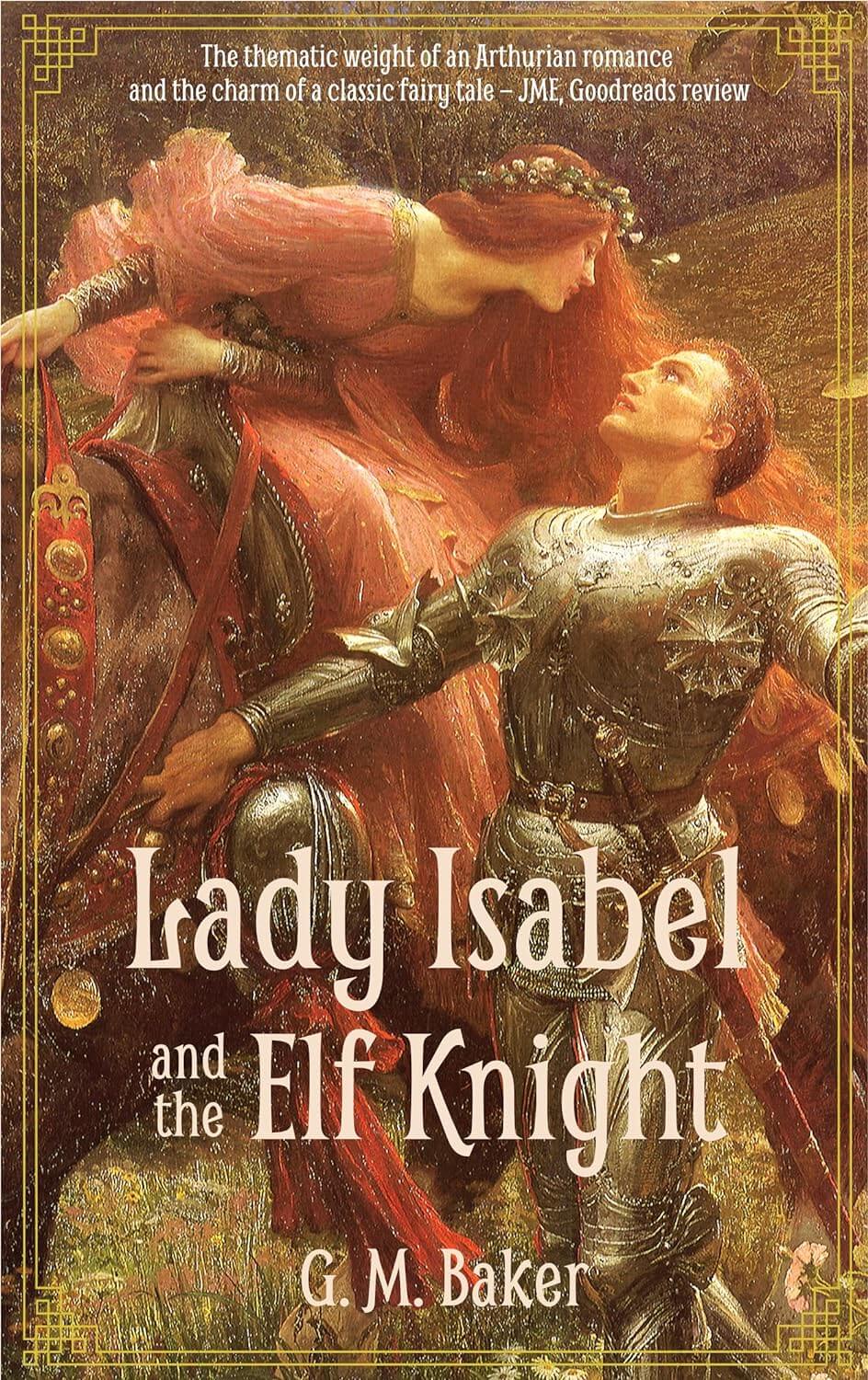Genre
Audience
Author’s Worldview
Catholic
Year Published
2022
Themes
Reviewed by
Courtney Guest Kim
The Devil always begins by giving thee work that is just. Then he tells thee, thou dost just work, therefore thou art just. And then he tells thee, thou are just, and therefore any work thou dost is just.
Lady Isabel and The Elf Knight reads as though one of the darker Grimm’s Fairy Tales has been turned into a novel, with the moral that personal freedom cannot be achieved through violence, even if you are female. Lady Isabel is an anti-heroine who follows the well-worn path of rejecting the responsibilities she has inherited while taking her privileges for granted. But in this story her choices are not celebrated as a bid for freedom. Instead, the focus is on the selfishness with which she pursues the thrills of irresponsibility and enjoys the rush of power that violence can bring. Very soon she begins to experience the terrible consequences, which at first merely destroy other people’s lives. Eventually, however, she finds that the price of violence is her own miserable isolation.
Lady Isabel runs off with the Elf Knight, but what she does with him breaks from the pattern of her victimized predecessors. She chooses a path of vengeance that at first seems legitimate but which soon escapes her control. Slowly she awakens to a sense of concern for the real effects of her actions and becomes willing to sacrifice herself on behalf of others. Redemption for her involves a hard, tragic path. The counter-feminist challenge of this moral fable involves serious grappling with the dilemmas of postmodern womanhood, with a clear-eyed examination of various dead-ends, including the dead-end of nostalgia for an imaginary age of innocence. It works as a story because of the stark fairy tale structure. As in a fairy tale, Isabel experiences a series of stylized encounters, but as in a novel, the interiority of the characters is the focus. The result is a dark but fascinating psycho-fable.
Lady Isabel sinks into a spiritual morass, which at the level of the fairy tale is the result of an enchantment. As with all enchantments, she cannot free herself but must find the right source of help. At the novelistic level, her struggle brings up issues of female sexuality and feminine gender roles, as well as character transformation through suffering. There are also Biblical echoes in her story of the demon-possessed bride from the book of Tobit who cannot help but murder a series of seven husbands on seven failed wedding nights. But in this story, there is no angel to rescue her, and the various attempts to break the enchantment result in failure, until, in true fairy tale fashion, a pure soul comes along from an unexpected direction. Lady Isabel’s story is a cautionary tale as far as sex is concerned, with the sort of characters one expects from a Young Adult fantasy. But the complex themes and frank discussion of sexual topics, while not at all erotic put it into the New Adult category.
At no point does the plot collapse into easy solutions, and the story kept me guessing till the final scene, which ties off both the fairy tale and the novelistic elements with an intriguing flourish. General readers of fantasy may find this story too allegorical, and there is no completely compelling character with which to sympathize. This is a morality tale that will appeal to readers who are sympathetic to the questioning of feminist ideology and to honest probing of what it means for a woman to be good.



